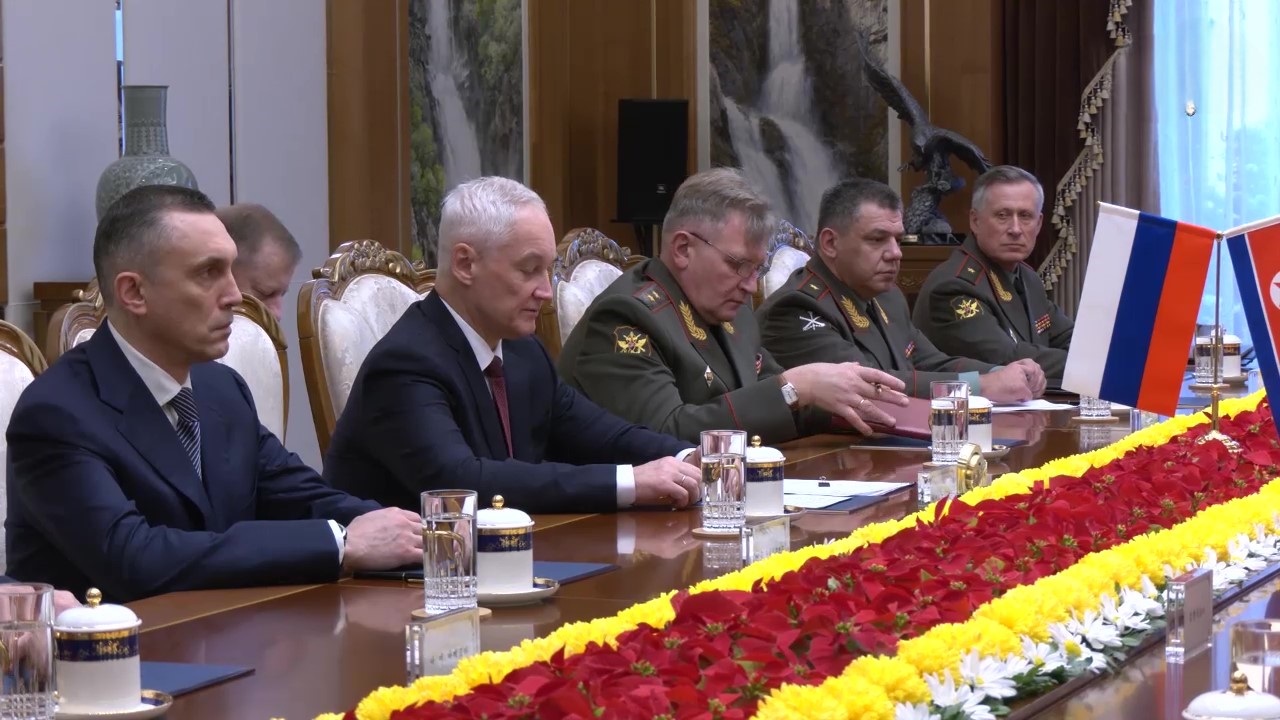The so-called Russian Minister of Defense Andriy Belyusov arrived today, November 29, for an unannounced visit to North Korea to meet with the country's top military-political leadership. This meeting takes place against the backdrop of the ongoing alliance treaty between the two dictatorial regimes, following all ratification procedures, as well as the direct involvement of North Korean troops in the war against Ukraine.
Therefore, it raises the question of what else Belyusov could have come to Pyongyang for. North Korea is already supplying Russia with an astronomical quantity of artillery ammunition, ballistic missiles, and has provided large-caliber 170-mm self-propelled guns M-1989 Koksan, and sent its special forces to act as "cannon fodder." It seems that Russia is already receiving everything it requests from North Korea, possibly in exchange for nuclear technologies that pose a catastrophe threat to South Korea.
Currently, it is only known that Belyusov held a protocol meeting with North Korean Defense Minister No Kwang-chol. However, certain hints can be gleaned from the composition of the Russian delegation. It includes Deputy Alexey Krivoruchko, who is responsible for logistics, technical support, and arms procurement, as well as Major General Alexey Volkov, head of the Main Rocket and Artillery Directorate (GRAU) of the Russian Ministry of Defense.

Based on this, it can be assumed that one of the key topics of negotiations from the Russian side will again be the same issues related to artillery and missile armaments. Clearly, the focus is on increasing the range and quantity of ammunition and their systems.
It should also be reminded that Russia requires not only an enhancement of its missile and artillery capabilities but is looking for significantly larger quantities of arms from North Korea. For instance, the Russian army has received old North Korean Type 73 machine guns that were manufactured in the 1970s.
Ultimately, it remains uncertain what new and larger supplies North Korea is hoping to receive. However, this poses a greater problem for South Korea, which, for now, seems unwilling to change its rules regarding arms exports and reportedly denied Ukraine the sale of arms.